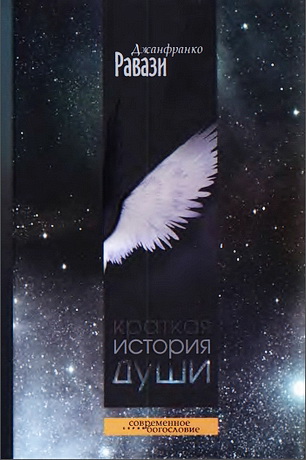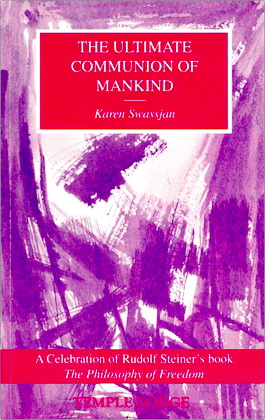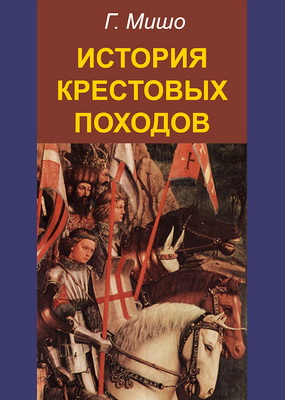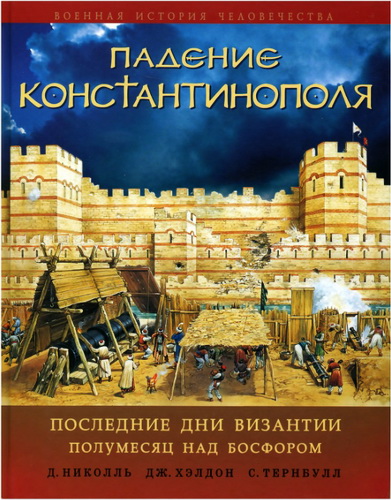
Swassjan Karen – The Ultimate Communion of Mankind - A Celebration of Rudolf Steiner's Book The Philosophy of Freedom
This book—originally not a book at all but merely the introduction to the first ever edition of The Philosophy of Freedom to be published in Russian—was written in Armenia in January this year. The only alternative to embarking on a Darwinistic struggle for survival (in the 'mausoleum'-length bread queues as well as in an unlit apartment where the water stored in the bath might just as well have been drawn up through a hole in the ice) was to knuckle down and get on with the business of writing an introduction to The Philosophy of Freedom. The rule of the day was Nietzsche's: What does not kill me makes me stronger; and, sure enough, the entropic winter did indeed fail to finish me off. Some lovers of bombast might be inclined to add: 'No wonder. Isn't that always the case when we turn to the spirit!' Perhaps they're right, but not being much given to bombast myself I remain astonished that life can go on when according to all the rules of breeding and good taste it would have been more fitting to take leave of it in justifiable, though perhaps bombastic, silence. Let those who so much enjoy waffling on about the power of the spirit test it not in their courses of speech formation but on site in places where at least eleven of the ten commandments are daily and nightly broken.
It then transpired that introductions, too, follow their own destiny. I decided to fall in with the kind suggestion of the publisher and make this introduction written in Russian into a German book. Naturally, the question of translation then came up—a more than risky undertaking, I always feel. Since the ancient Orphics and Plato declared the word, once spoken, to be no more than a coffin for the thought, what exactly do we translate when we translate? My scepticism conjured up the image of translation as a second burial (not without desecration of the corpse), a picture that may be unjust in specific cases but holds good in the general rule. The only solution that would, it seemed to me, result in merely minimal losses was, therefore, to take on the translation myself, without forgetting that so-called translation would in this instance turn out to be one long sin against the rules of translating. Not that I intended a complete re-write. On the contrary, I made every effort to put the existing Russian text into German as accurately as I could, but I treated the whole thing as a new original work. In short, I masqueraded as the author when I should have been acting merely as my own translator.
It goes without saying that the theme of the book obliged me to maintain an appropriate attitude, which meant that the whole undertaking turned out to be a good opportunity to give yet another practical proof of the principles represented in it. I didn't allow the otherwise meticulous reproduction of the original text to deteriorate into pedantry, so if an obstinate passage raised its hackles at the prospect of being transplanted, behaving like a right-wing radical, I left it where it wanted to stay, in its untranslatable 'blood and soil', and respectfully appealed instead directly to the genius of the German language. The end result (noticeable only after the event) is a remarkable linguistic hybrid: a Russian original with a good many passages impossible to render in German, and the German re-write, full of passages that cannot be put into Russian. Be that as it may, this harmless double trap means that no future grumbler comparing the two versions will have the right to catch me inflagrante delicto, crying: 'That's wrong,' or, 'This isn't right.' Should it arise, I shall retort as in E. T. A. Hoffmann's delightful fantasy: Accused of improvising embellishments on a piece by Gluck, the unknown minstrel calmly withdraws to another room, only to reappear some moments later in powdered wig and with hand on hilt, declaring: 'But I am Sir Gluck!'
Karen Swassjan – The Ultimate Communion of Mankind - A Celebration of Rudolf Steiner's Book The Philosophy of Freedom
Translated by J. Collis. - London: Temple Lodge, 1996. – 114 p.
ISBN 0 904693 82 1
Karen Swassjan – The Ultimate Communion of Mankind – Contents
Translator's acknowledgements
From the author
1. The only book worth saving
- 2. Abstention from all logic by the conscious mind
- 3. Thinking: the eye of the needle
- 4. 'The thunderous jubilant cry of the Seraphim'
- 5. 'The most Christian of philosophies'
An essential addition to all New Editions





Комментарии
Пока нет комментариев. Будьте первым!